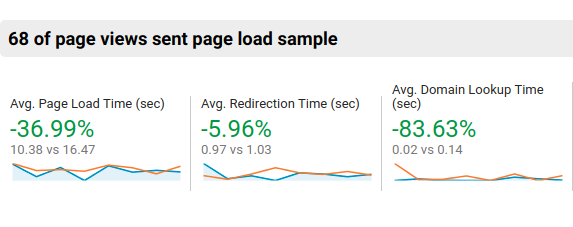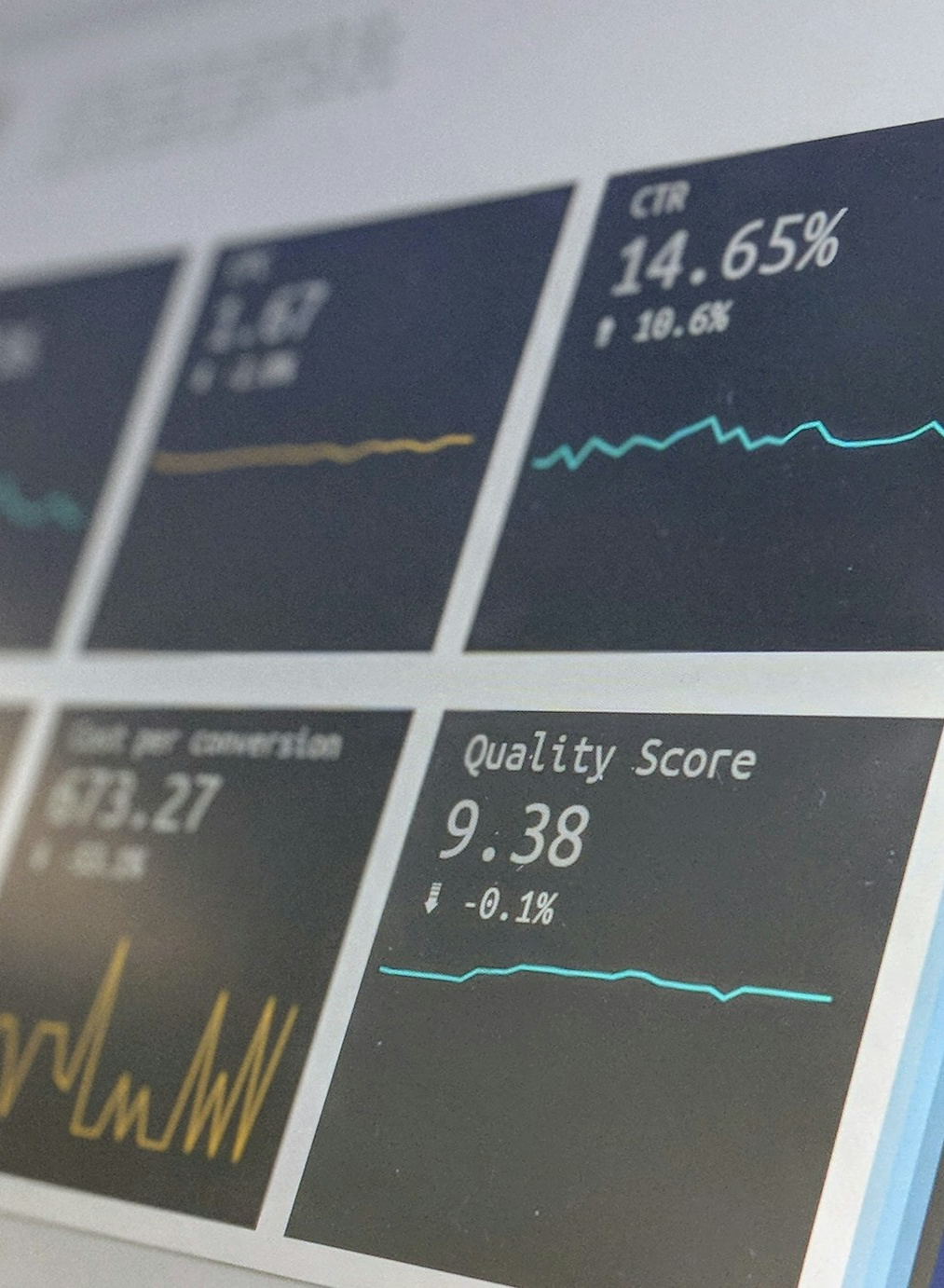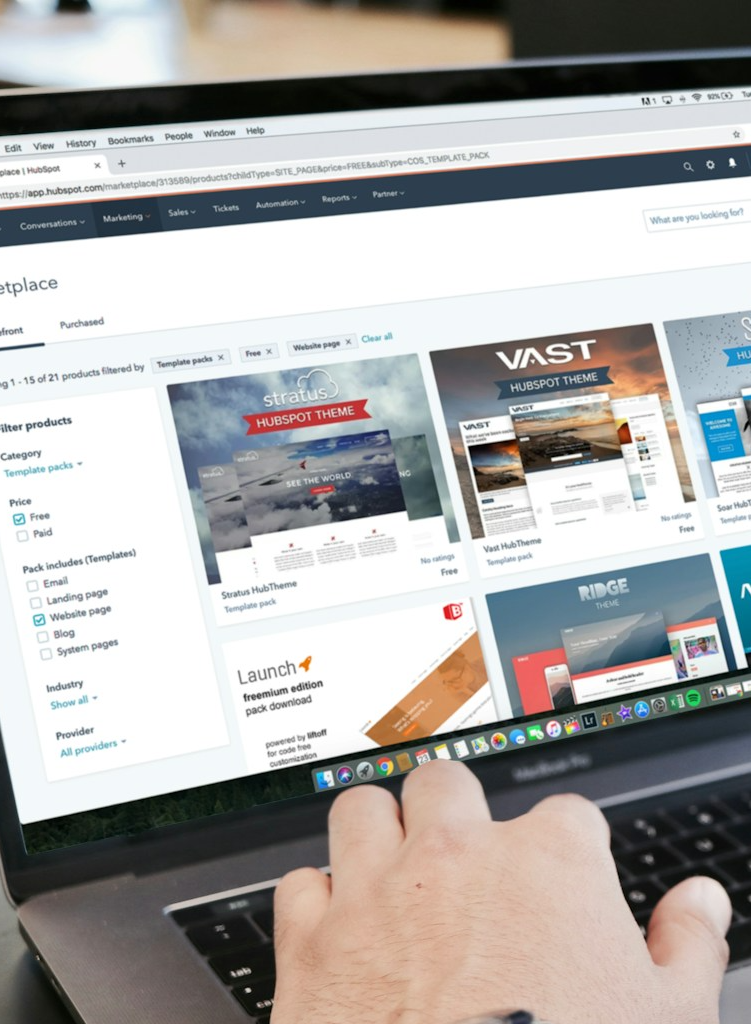A website that loads quickly creates a better browsing experience for the user. Evidence of user behaviour online suggests that sites that load quickly are more likely to "engage" the user - improving the perception of the business brand and increasing the likelihood of a transaction.
The ideal page load time for a webpage is less than 3 seconds - with Google indicating that a fast website is a site that loads in less than 1.5 seconds.
Given this, search engines also pay attention to page speed when analysing their indexes. As the aim of a search engine is to provide valued content - value is seen as both part of the content and "accessibility" of that content (including the speed of the webpage).
There are a number of ways you can optimise your website to ensure that it loads quickly. These include optimising your content; optimising your images; and setting up "caching" of your website. However, one of the factors that is often overlooked when improving your website speed is the hosting service for your site. However the hosting service can often be a major factor in how quickly your website loads.
At DCODE, we have worked with a number of clients on improving the speed of their website - both through the website code and through the setup of hosting environments. And in one instance, we were able to reduce the time it took for a website to load from 4.5 seconds to 0.3 seconds, simply by changing the website host! That is a massive improvement and was completed without any change to the site itself - we simply chose a preferred hosting company (which was also cheaper than the prior arrangements). As a result of these changes, the business noticed a significant improvement in their Google rankings as well as user interaction on the site.
Here are some interesting facts about how page load times can impact your user engagement:
- 73% of mobile internet users say that they've encountered a website that was too slow to load;
- 47% of consumers expect a web page to load in 2 seconds or less;
- 40% of people abandon a website that takes more than 3 seconds to load; and
- If an e-commerce site is making $100,000 per day, a 1 second page delay could potentially cost you $2.5 million in lost sales every year.
- Source: KISS Metrics
As a business, it is important to maximise the value of your website. In order to do this, you need to review the performance of your website across a number of measures - the loading time of web pages being one of these. Tools such as Google Analytics and Google Webmaster tools are great at providing some insight into these measures and can help you identify if your website is taking too long to load.
If you need assistance in reviewing/optimising your website, Contact Us for an obligation free discussion. No website is the same, and often your goals will be different. However, knowing what alternatives are available and how these can be implemented to improve the performance of your website can help you identify strategies to incrementally improve your businesses online presence.
--
Get updates, tips and industry news delivered directly to you
[Update: April 2019]
We've got results!
How to make your website load up to 50% faster
Images can make or break a website; but ensuring that your pristine images are optimised for web can be a troublesome task! When a user loads your website, they’re downloading the content to their browser … all of it. So a large number of “un-optimised” images can mean that users can be waiting a looong time for content.
At DCODE GROUP, we’ve been working on how to implement image optimisation techniques into our custom, web-based solutions. The aim was to make it easier for clients to add the content they had; and we then optimise this for devices; sizes; website speeds; etc.
Premax, a client of ours, had some amazing imagery for their products. But each image was 5MB or more! With over 40 products, this was causing the website to slow considerably for users.

After configuring an automatic image optimisation solution, Premax experienced a 40% decrease in their page load times - right off the bat. A huge improvement!
If you’re looking for how to optimise your online content, software or solutions, contact us to find out what we can do to assist.
In the meantime, take a look at this post about improving your websites’ speed.





